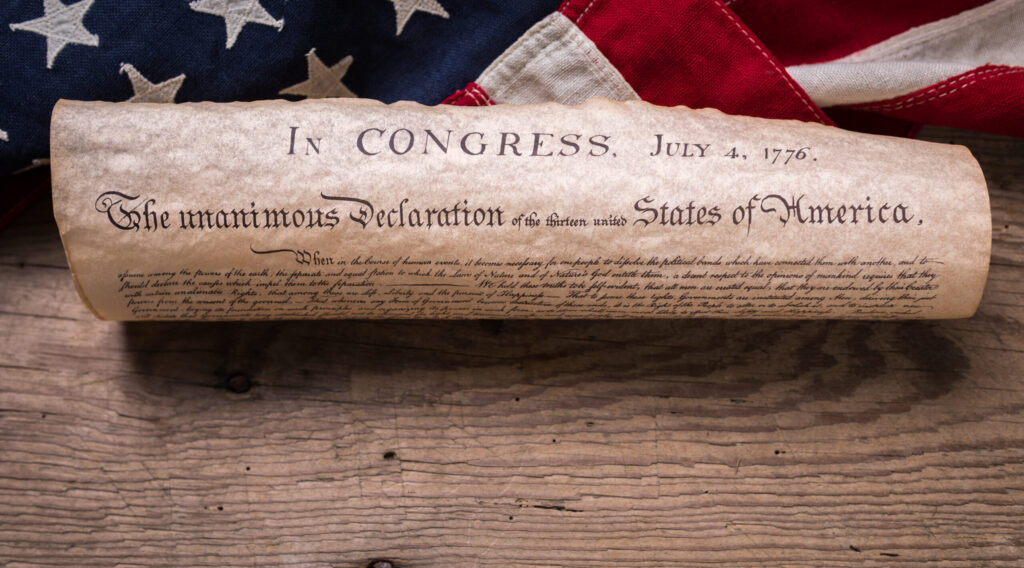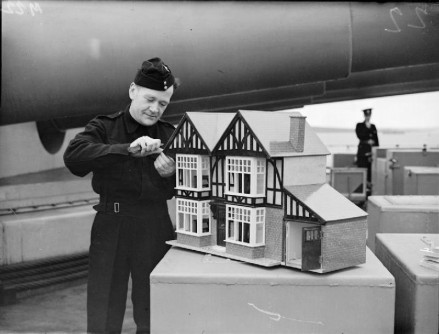Jack Miller’s commitment to reform in American civic education sets a sterling example for donors of how to effect transformative change and uphold philanthropic values.
On March 19, office products entrepreneur and philanthropist Jack Miller turned 95 years old. That was the day he chose to hand in his gavel as chairman of the Jack Miller Center for Teaching America’s Founding Principles and History, the civic education venture he founded 20 years ago. Over the 20 years that he chaired the center, Miller was not only an investor and a board leader but also a visionary and a relentless advocate for reform in American civic education from K-12 through college.
In 2022, Americans gave approximately $70 billion to educational causes—comprising nearly one in seven dollars that were given to charitable causes that year, making educational causes one of the largest investments behind religion and human services.
However, many education philanthropists are now returning to the drawing board. There is perhaps no greater example of this than the backlash of donors and alumni against university responses to the Hamas attack on Israel on October 7. As many campuses saw a very public surge in antisemitism, many donors had to pause and reevaluate the role their investments are playing: are they solving the problems they set out to address or creating more?
Donors could learn much from the example of Jack Miller.
After founding, building, and selling the Quill Corporation, Jack turned his attention and energy to American education. Ever intentional with his investments, Jack’s first step was to learn about landscape of American civic education. He convened a group of 50 scholars of American politics and history from across the country to listen to their experiences in American higher education and what solutions might make viable inroads on campus.
There was a clear consensus among these scholars: the American political tradition—what we like to call civic education—was quickly losing its foothold on American college campuses. Basic knowledge about our country’s founding principles and history were being pruned from existing syllabi and course offerings and being replaced with highly specialized courses outside the Western tradition. As a result, the next generation of citizens was emerging from college unprepared, and in many cases unwilling, to do the work required to sustain American democracy.
This investigation inspired Jack to start the Jack Miller Center for Teaching America’s Founding Principles and History, where I now serve as president. Our organization started with a commitment to reversing these troubling trends in higher education. Twenty years into this project, our network of over 1,100 scholars is a key part of the civic education revival occurring at all levels of education.
On college campuses, new state-funded institutions are emerging to give the American political tradition grounded in the liberal arts a new home on campus. Now, these schools are bringing an influx of new jobs to previously disappearing fields, reintroducing lost courses, and improving K-12 civics education in their respective states.
At the K-12 level, innovative solutions are emerging at the local, state, and national levels to address gaps in civic knowledge and enhance teacher knowledge and training.
These trends are all coming at a critical time for our country. In 2026, our nation will celebrate the 250th anniversary of the Declaration of Independence and the birth of the American experiment. The loss of civic awareness and purpose is the principal challenge we face as we prepare for this important milestone in our country’s history.
So what can donors learn from Jack Miller’s example?
First and foremost, take the time to learn about and understand the issues that concern you. Meaningful change requires a nuanced understanding of the challenges at hand.
Second, long-term investments are the best way to tackle systemic problems. While this mode of philanthropy demands patience and perseverance, it can yield transformational results.
Third, prioritize collaboration and partnership. By uniting with like-minded organizations and individuals, philanthropists can amplify their impact and maximize the efficacy of their investments.
Lastly, invest in people and values that align with your vision, and hold them accountable for delivering tangible results. Philanthropy is ultimately about effecting positive change, and this can only be achieved through unwavering commitment and diligence.
In his remarks on succeeding Miller as chairman of the board of the Jack Miller Center, Miami-based investor and civic leader Michael Weiser said this to his board colleagues: “Identifying, supporting, sponsoring, and cheering on the careers of young scholars given to teaching the American political tradition isn’t sexy. Successfully helping scholars to find tenure-track career opportunities doesn’t make headlines. Buying a brilliant young scholar a new suit of clothes so that he or she might make a better impression on a job interview doesn’t make you famous.”
Jack’s tireless work and willingness to invest in new opportunities have made him a paragon of effective philanthropic leadership. As we navigate the challenges ahead, let us heed Jack's example, prioritizing informed investments, long-term vision, collaboration, and accountability to effect transformative change and uphold the values that define the American dream.






